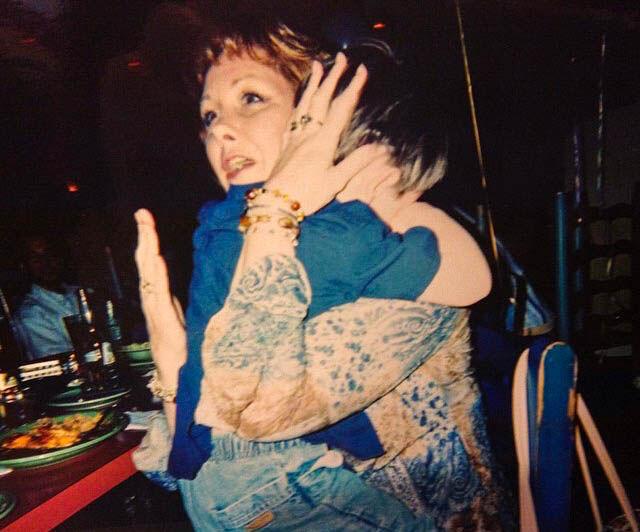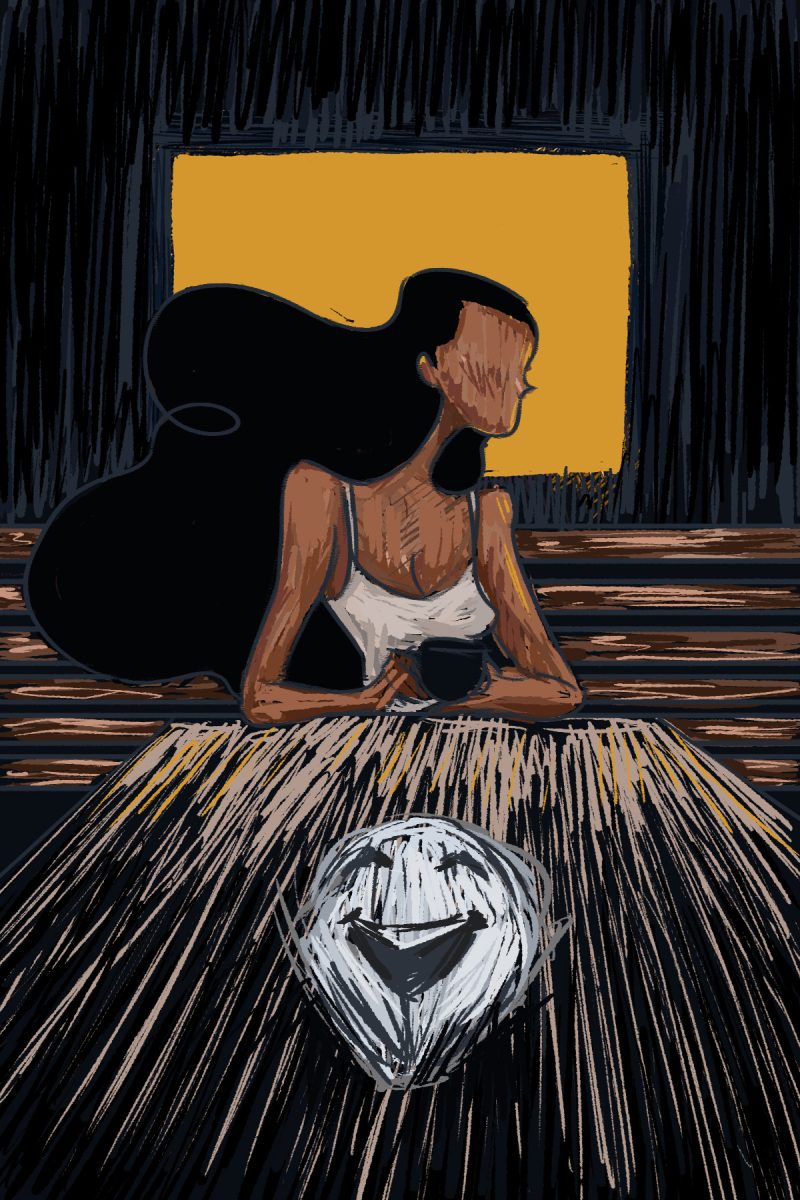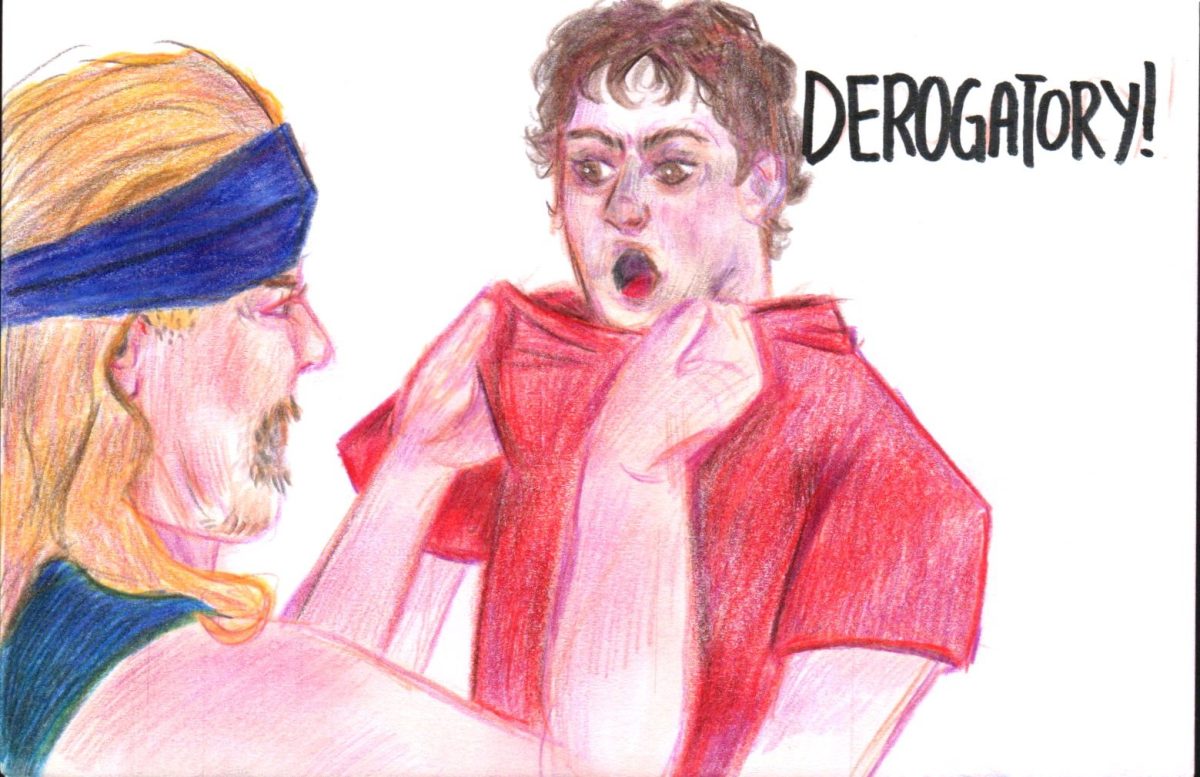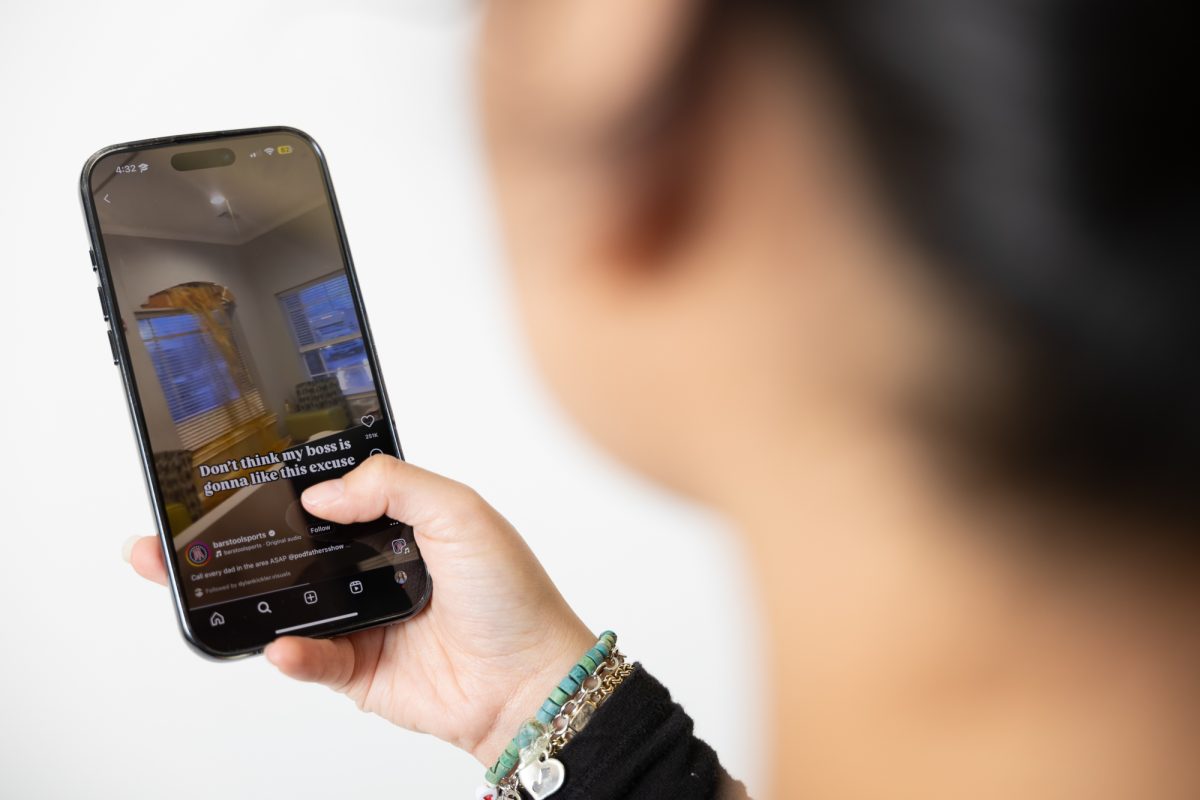One of the most vivid memories I have of my mother is when I was walking home from school one day in elementary school. It was only a two-block walk in a safe neighborhood, but I always looked forward to the walk home — it made me feel like a “big kid.” However, during this time in my life, I was coming home to something no kid my age should have to encounter, but they do all over the country.
After my walk home, I arrived at the front porch of our house. I was greeted by my mom, but something didn’t seem right.
She was sitting on our porch, trying to put on makeup, swaying back and forth like a boat lost at sea. I specifically remember her struggling to put on her mascara. Her eyes were heavy, and her hands seemed limp.
When she heard me approach, her gaze met mine and, like always, a huge smile emerged from her face. She was always happy to see me home.
I knew something was different, but being as young as I was, I didn’t know what it was.
Years later, I would find out that my mom had an opioid addiction.
We’re in the midst of a pandemic, but our country has been fighting a much more subtle plague that plenty of everyday Americans do not know about. We’ve been in the middle of an opioid epidemic for years.
Data from 2018 show that every single day, 128 people die from overdosing on opioids. That is 46,720 people a year. Why the hell is this not on the front page of every newspaper? I’ll tell you why — it’s because no one wants to talk about it. It isn’t a “sexy” story. It’s a sad one and, worse, no one seems to have an actual solution to remedy this problem.
Nonetheless, people deal with this issue every single day. It is a disease that rips apart families and ruins lives. I know because my family was a victim of this disease.
Growing up with an addict, there were great times and there were terrible times. However, throughout the rollercoaster of my mother’s addiction and recovery, she was always an amazing parent. I mean that. I’m not just saying this to paint a cutesy picture that you’d see in a coming-of-age movie. But that’s what makes this disease so horrible.
You see, if it weren’t for my mother’s addiction, there would have been almost nothing but good times. But this disease stole that from her, myself and the rest of my family. It’s a disease that turns you into someone you’re not, someone that you no longer recognize when you look at yourself in the mirror.
Still, all hope is not lost.
I know this disease is one that can be beaten. My mother is actual proof of that. After years of fighting her addiction, she got clean. My mom was clean for two years and they were the best of my childhood.
Unfortunately, after those two years, she was diagnosed with stage four gallbladder cancer. She fought it relentlessly for two years before it took her life. I was 13 years old when she died.
If it weren’t for the addiction to opioids, those two years that were the best of my childhood could have been 13 years.
You may have noticed that throughout this column I have used words like “victim” and “disease” repeatedly. That is intentional. People who have succumbed to this addiction are most certainly victims and addiction is most certainly a disease.
We must do more to help these people. It is not something that is just going to go away if we ignore it and act like it isn’t there, which is what seems to be happening now.
The road to recovery starts with conversations at the dinner table. It starts with classes devoted to educating our youth about what happens to people who become addicted to opioids. But more than anything, it starts with understanding.
Looking back, I hold no resentment or hostility toward my mother for her addiction. This is because I know it’s not something she wanted — no one wants to be addicted to opioids. No one wants to miss out on milestone achievements within their families because they were too high to experience it. As I said before, they are victims, and they need our help.
To anyone dealing with a loved one who is addicted to opioids, I beg of you not to be hostile. Yelling at them won’t help; shutting them out of your lives won’t help. Your love and welcoming embrace is what they need more than anything else.
To learn more about treatments, you can call the Substance Abuse and Mental Health Services Administration hotline at 1-800-662-4357.
Please, do not give up.
Sam Somogye is a political science senior and columnist for The Battalion. His column is typically published online every other Monday when not in the Thursday newspaper.
















